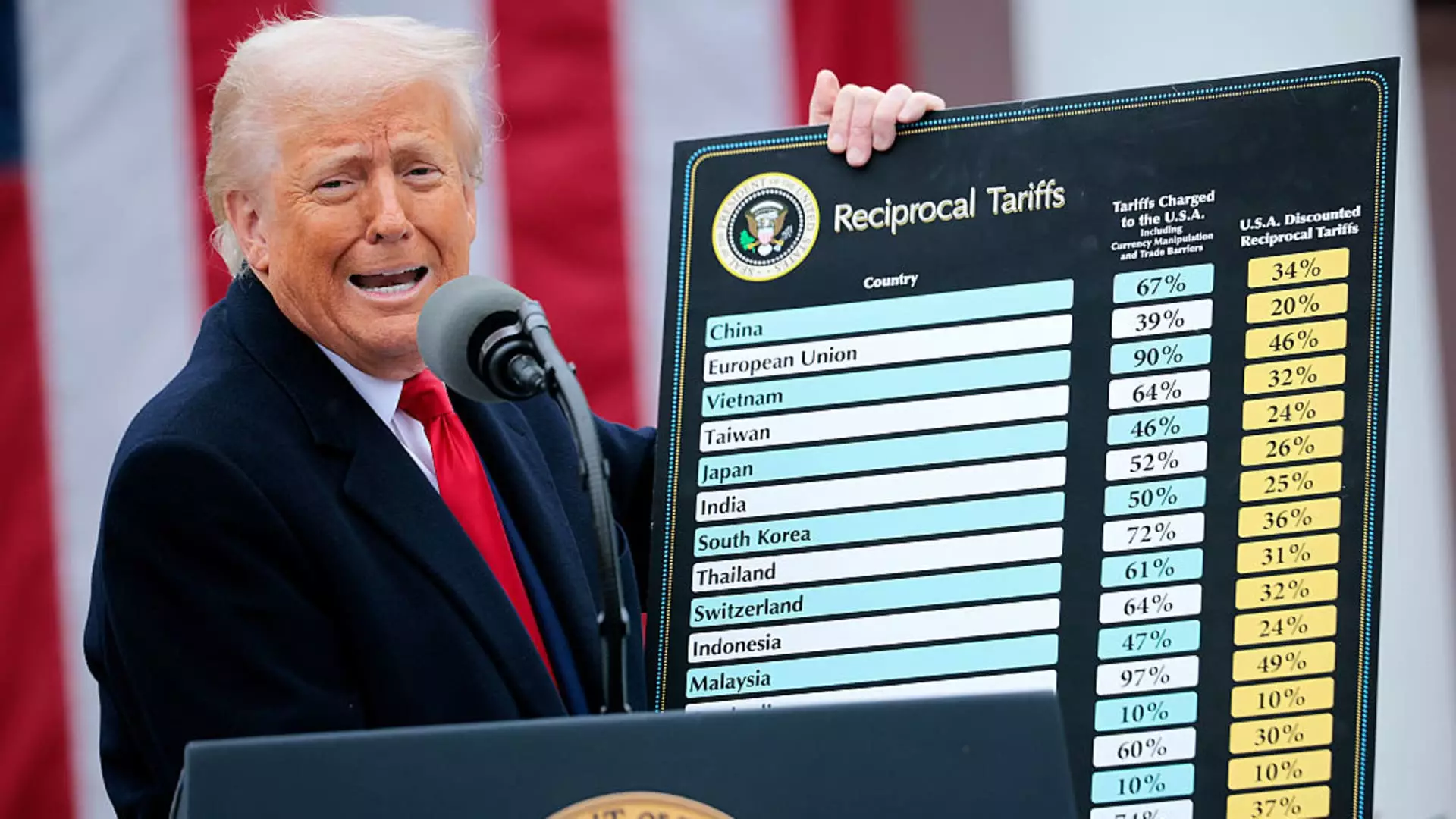In a stunning legal blow to President Donald Trump’s economic strategy, a federal court has decisively ruled that the reciprocal tariffs he implemented were beyond his authority, significantly undermining a cornerstone of his administration’s financial framework. This ruling not only questions the legitimacy of the tariffs but also suggests a troubling overreach of executive power, leaving many to wonder about the implications for U.S. trade relations. All this unfolds against a backdrop of strained international ties, heightened market volatility, and a climate of uncertainty for countless businesses.
Exceeding Legal Boundaries
The court’s determination indicates that Trump’s invocation of the International Emergency Economic Powers Act (IEEPA)—a decades-old law meant to address true emergencies—was grossly misapplied to justify tariffs that fall squarely within the realm of regular trade policy. The judges articulated that the tariffs levied were on shaky legal ground, as they do not appropriately address any immediate threats cited in the IEEPA. This ruling demonstrates that even in the realm of economic warfare, legality matters, and overreaching executive actions cannot simply bypass established protocols without accountability.
A Business Community in Turmoil
The ramifications of this ruling are poised to ripple through the American economy. The plaintiffs—a coalition of five businesses reliant on imports—underscored a larger reality: the tariffs imposed by the Trump administration have inflicted damage beyond their immediate concerns. By asserting that these tariffs were “unlawful as to all,” the court highlights an essential truth that should resonate deeply within any administration—the health of the national economy is intricately tied to a web of interconnected practices. Brick-and-mortar businesses, emerging markets, and import-based industries stand to face jeopardy if such tariffs remain in place.
The Future of Trump’s Economic Agenda
This defeat is not merely a legal setback; it is a harbinger of larger issues brewing for the Trump administration as it grapples with declining approval ratings and increasing scrutiny of its economic policies. While White House lawyers may mount an appeal, the overwhelming public sentiment against these protectionist measures could complicate efforts to restore faith in Trump’s economic direction. The ruling serves as a clarion call for reevaluating the unorthodox approaches that have characterized recent trade policies.
Political Implications and the Path Ahead
The administration’s inability to navigate these turbulent waters might signal broader political consequences. With midterm elections on the horizon, the continuing fallout from such setbacks could position the Democratic Party favorably in upcoming electoral battles. The public’s growing disenchantment with impulsive policies and lack of clarity in Trump’s tariff strategy may energize opposing political forces and shift the dynamics of power in Washington.
In light of this ruling, supporters of center-wing liberalism must rally for policies rooted in fair trade and collaboration rather than division and coercion. It is time for a paradigm shift, pushing against an economic vision that fosters international cooperation instead of isolationism. The legitimacy of legal frameworks must be upheld to fortify a robust and sustainable economic future.

Leave a Reply